From crowdsourcing for content and creativity, to crowdfunding for raising cash, the increasing power of the consumer combined with the technology tools at their fingertips means that crowds too can be a source of collective sponsorship for many organisations.
Back in 2006, a Scottish opera needed to supplement its funding, and chose a crowdfunding approach through its ‘Sponsor-A-Character’ campaign as an experiment.
Contributors were offered the chance to sponsor individual characters for contributions ranging from £25 to £5,000. For their contributions, people were given credits in the Opera’s program next to their sponsored characters. They were also invited to an on-stage party to meet the cast.
Contributors also received in-program credits and an invite to go to the cast party.
The show audience members were offered the chance to personally back was 18th Century comedy of manners – Der Rosenkavalier at the Theatre Royal in Glasgow last night. It was written by Richard Strauss to an original German libretto by Hugo von Hofmannsthal and is an adaptation of the novel Les amours du chevalier de Faublas.
The fund raising strategy seems even more sensible when one considers the size of the cast for the Viennese-set production – as the show has a staggering 60 characters.
The results of the initiative were fairly impressive – certainly in terms of the sums raised by the campaign. The scheme generated four times the amount in funds they needed.
It was inundated with requests and ended up with each character being sponsored more than once.
Indeed, one of the most popular choices was an Italian tenor who sings just one aria in act one, but who was nevertheless snapped up by 20 people.
A spokesperson for the Scottish Opera was quoted in the Independent newspapers as saying: “We started out looking for £10,000 or £11,000 and ended up raising £44,000, which is absolutely amazing,’ said Jane Nicolson, a spokeswoman for Scottish Opera.”
Comment:
Perhaps one reason for this campaign’s success was that every pound contributed had a specific use of funds – to support an individual character in the opera. Contributors knew exactly where their money was going, and didn’t have to wonder if their contribution made a difference or not.
Another was the direct specificity of the initiative. Building a personal connection between the individual contribution and an individual character helps develop direct engagement.
Fan loyalty is essential to the success of this type of crowdfunding tactic, so offering some form of VIP membership reward
“The scheme made us realise that people like to get involved and see tangible evidence of how their money is being spent,” said Catriona Reynolds, the head of fund-raising for Scottish Opera.
Links:

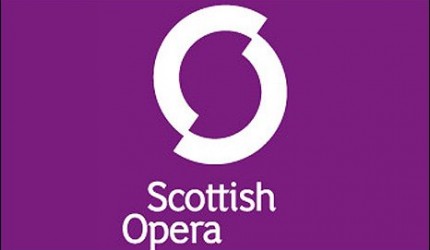





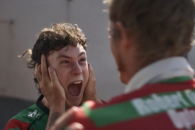
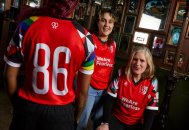








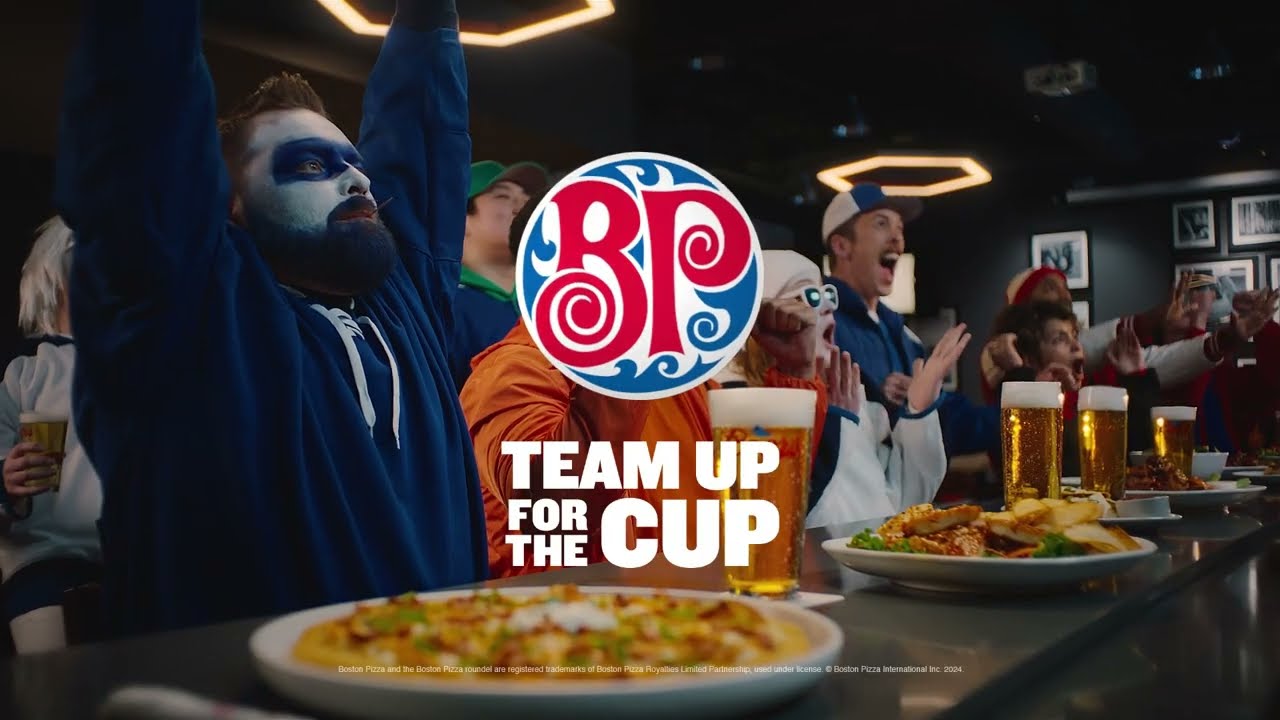







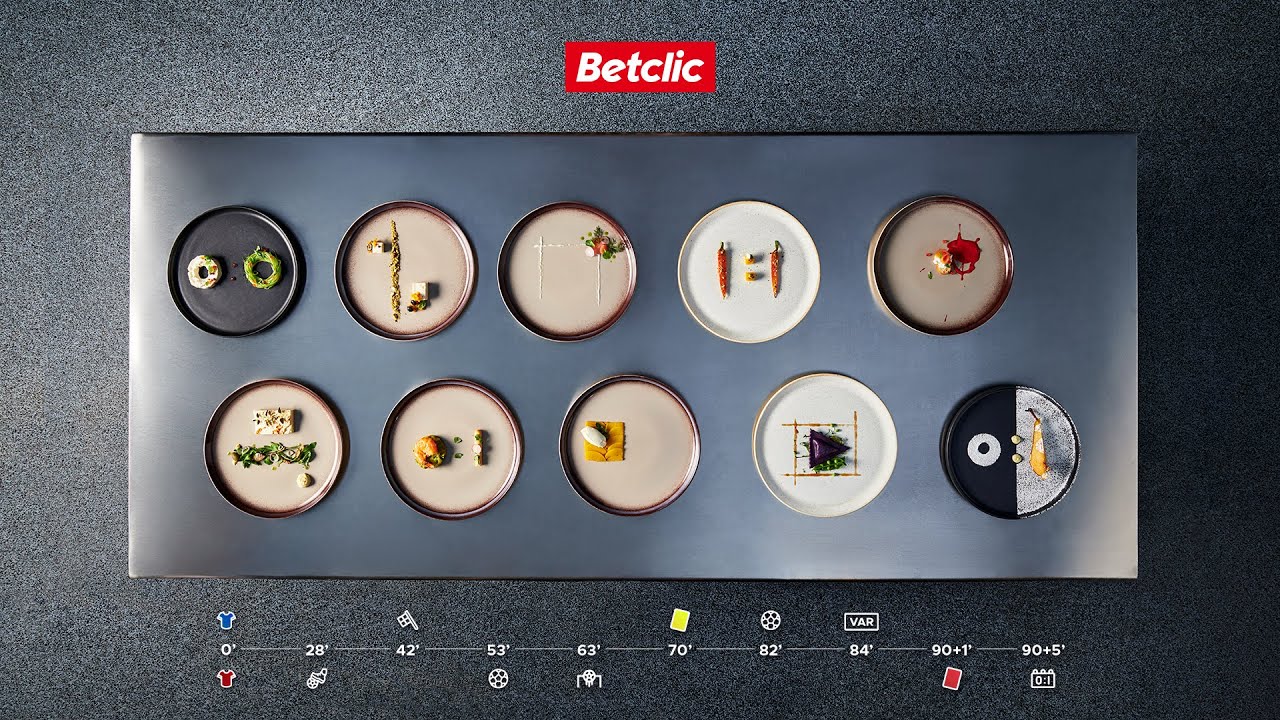









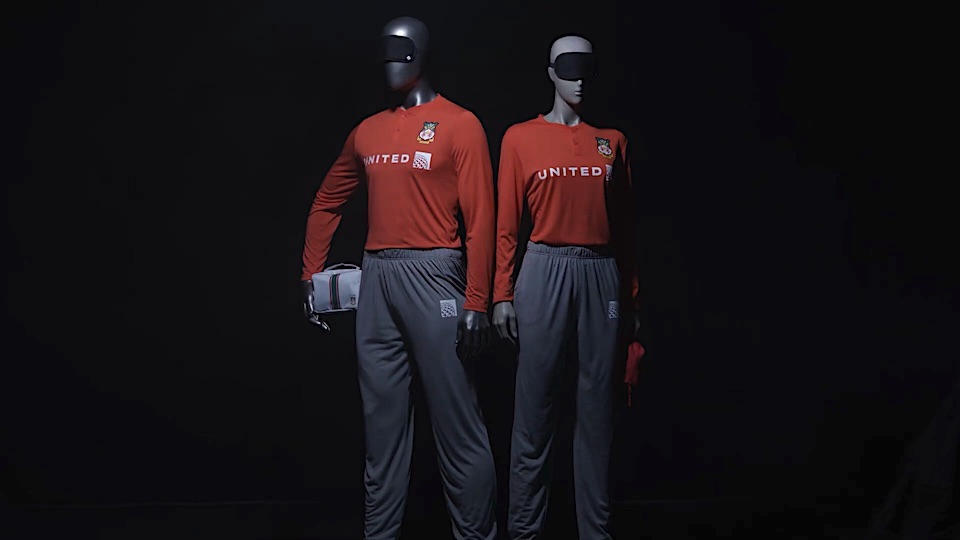


Leave a comment
You must be logged in to post a comment.